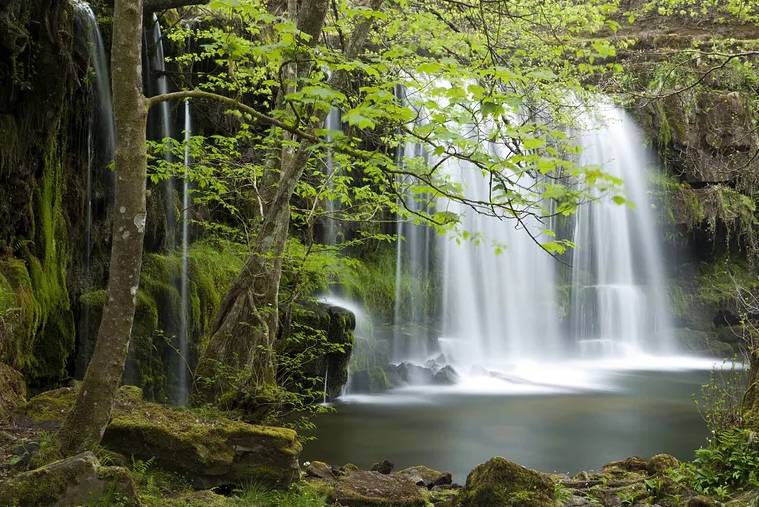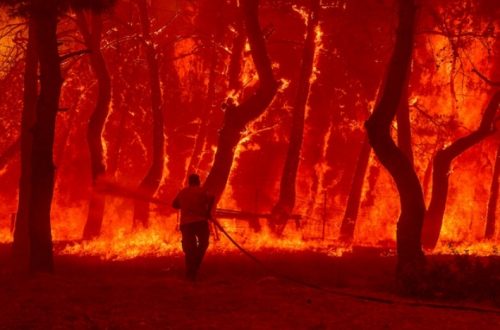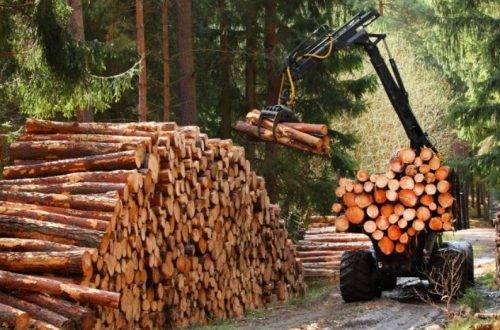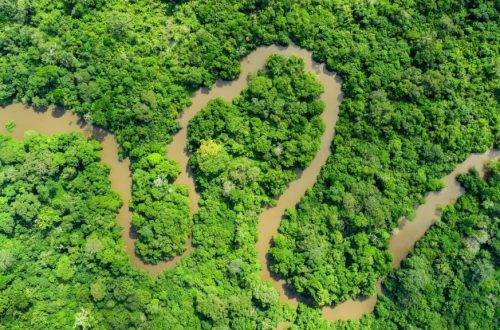
Elections in Brazil as a chance to save the Amazon. And its existence is crucial for all of us
The Amazon rainforest stores about as much carbon dioxide as humanity emits in three years. Therefore, her behavior is crucial in the fight against the climate crisis. The presidential election in Brazil and the defeat of Jair Bolsonaro give hope that the destruction of the world’s most valuable tropical forest will be stopped.
Since the far-right Jair Bolsonaro took power in Brazil, Amazon deforestation has increased by 73%. In 2021, the world’s largest tropical forest lost its largest area in 15 years, and preliminary data for the first nine months of 2022 indicate that this year will be even worse.
Dubbed the “Trump of the tropics,” the populist has lifted many regulations that curb deforestation, undermined the importance of environmental institutions, acted against indigenous peoples, and more than gave up his legitimacy in and legitimized illegal practices in the Amazon. As a result, during his four-year term, over 2 billion trees were cut or burned – 15 per second. According to estimates, the forest has decreased by an area larger than the area of the Masovian Voivodeship or Switzerland.
“Dismantling management, deregulation of everything and cooperation with organized crime” – this is how the environmental agenda of the right-wing politician was summed up by Marcio Astrini from the Climate Observatory NGO network. – If Bolsonaro wins the next election, we will have to go to Mars – said Izabella Teixeira, former Brazilian Minister of Environment, before the vote.
Lula’s return as an opportunity for the Amazon
But Bolsonaro scored 49.1 percent in the second round. votes and elections lost. Luiz Inácio Lula da Silva became the new president, for whom over 60 million voters voted. While no other elections have been so even since the end of the military dictatorship in 1985, never in history has a Brazilian presidential candidate won as many votes as Lula. Bolsonaro became the first incumbent president since the end of the military dictatorship in 1985 not to be re-elected.
For the Amazon, this means hope. An analysis by scientists on the Carbon Brief portal showed that Bolsonaro’s failure could reduce Amazon deforestation by 89%. by 2030. The president-elect’s policy may lead to the fact that by the end of the decade it will be possible to save an area of 76 thousand. km square, which corresponds to almost a quarter of the area of Poland.
In her winning speech, Lula said she would strive to bring back Brazil’s credibility, predictability and stability. He also talked about investments in the green economy, the fight against the climate crisis and the protection of the forest. “Brazil is ready to regain its leadership role in the fight against the climate crisis by protecting all our biomes, especially the Amazon rainforest,” said Lula.
The left-wing politician was already the president of Brazil in 2003-2010. During this period, Amazon deforestation fell by more than 70%. Now he announces that the goal is to completely stop logging and burning down the forest. However, the challenge is greater than in the first decade of the 21st century. This is largely because the actions of his predecessor did a lot of damage and set back many years of progress. It will therefore be extremely difficult to restore appropriate policies and curb illegal practices.
It is worth adding that Lula will be able to count on allies that Bolsonaro lost. The European Union and Norway were ready to financially support the containment of deforestation in the Amazon and to put in place appropriate agreements to regulate trade. Under the right-wing president, however, these talks were suspended because, in the eyes of Western partners, real cooperation in this area would be a fiction. Negotiations will now resume. Lula himself also announced that he will appear at the next climate summit in Egypt, which begins on November 6 – although not yet officially, because he will not be president by then.
Why is the Amazon so important?
It is not so easy to appreciate something that is thousands of kilometers away and the direct benefits of which we do not experience every day. However, it is largely such areas that created the conditions that allowed humanity to develop. And it is on such areas that our not-so-distant future depends. If we continue to harm them, we can reach tipping points, beyond which there will be no retreat – the precious natural areas that have been our ally for thousands of years will start to harm us. And it’s really serious.
This applies, inter alia, to permafrost in Siberia, Alaska and Canada, ice sheets in Greenland and the Arctic, and the Amazon rainforest. The latter is the largest tropical forest in the world and home to around 3 million species of plants and animals. In the context of the climate crisis, however, it is first and foremost a huge sink of carbon dioxide – the greenhouse gas whose emissions are the most powerful driver of climate change. If Amazonia crosses the border point, it will stop absorbing carbon dioxide and will start emitting it. And from the rainforest, which produces half of its own rainfall, it will begin to turn into a savannah. This will release up to 140 billion tons of carbon dioxide stored in vegetation into the atmosphere. That’s roughly what human activity is responsible for in three years.
Unfortunately, the tipping point is getting closer. On the one hand, we are approaching it due to the progressive climate change, and on the other – due to deforestation. Both causes lead to the same consequence of weakening the Amazon’s ability to generate rain. As a result, three “droughts of the century” have occurred in the Amazon rainforest over the past 10 years.
Brazil’s actions are crucial in this regard, as around 60 percent. The Amazon is located in its territory. According to scientists, if deforestation continues at the current pace, an irreversible tipping point could be exceeded in the next decade.
The causes of Amazon deforestation
“Beef production is by far the main driver of deforestation in the Brazilian Amazon, followed by soybean for animal feed. The country is the largest beef exporter in the world, serving mainly China and the US,” Carbon Brief reports.
As a result, Brazil is the sixth largest greenhouse gas emitter in the world and fourth largest ever.
Bolsonaro’s policy meant that when global greenhouse gas emissions fell by around 5% in 2020 due to the stoppage of economies, in Brazil alone … increased by almost 10%.




